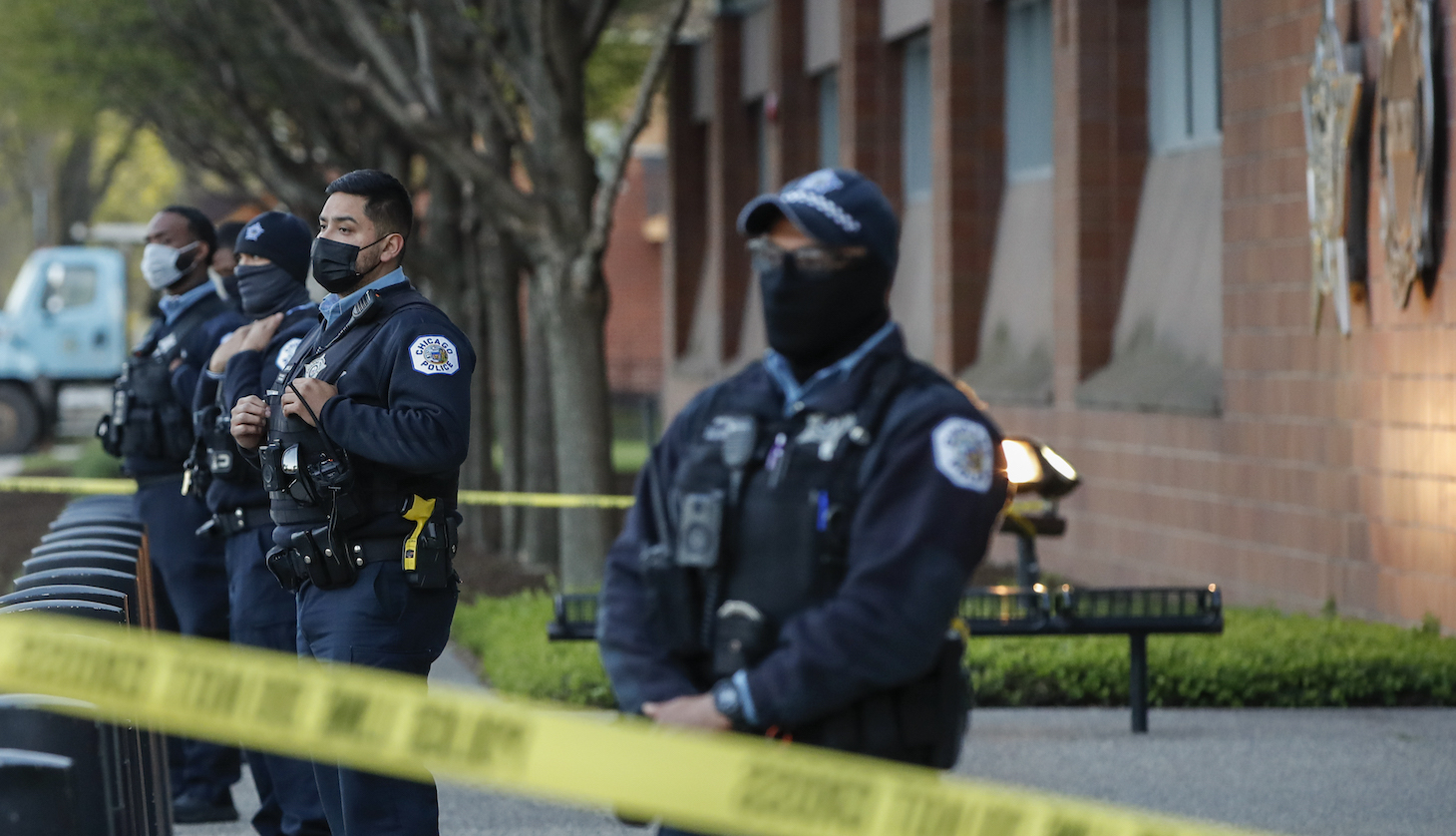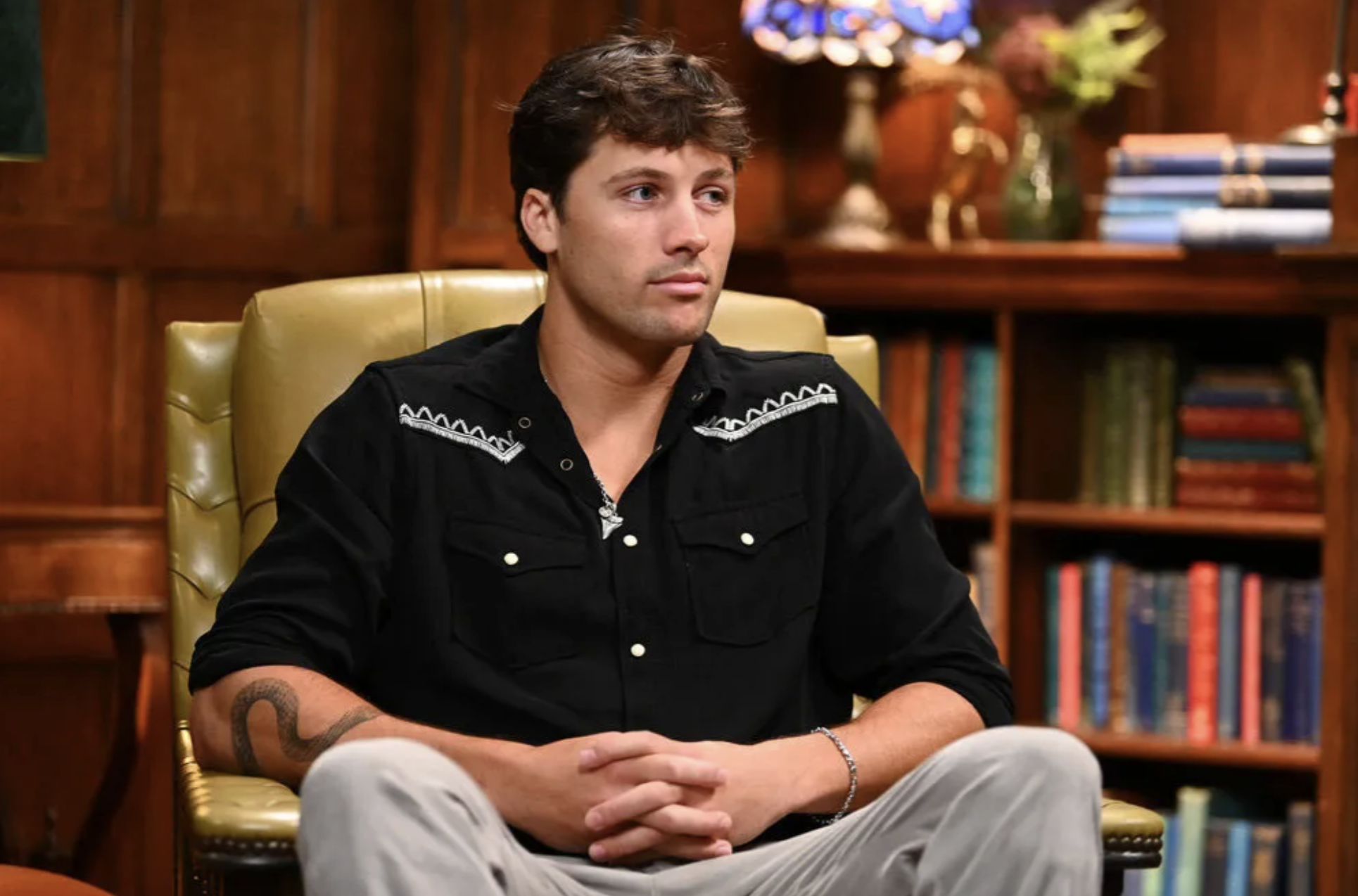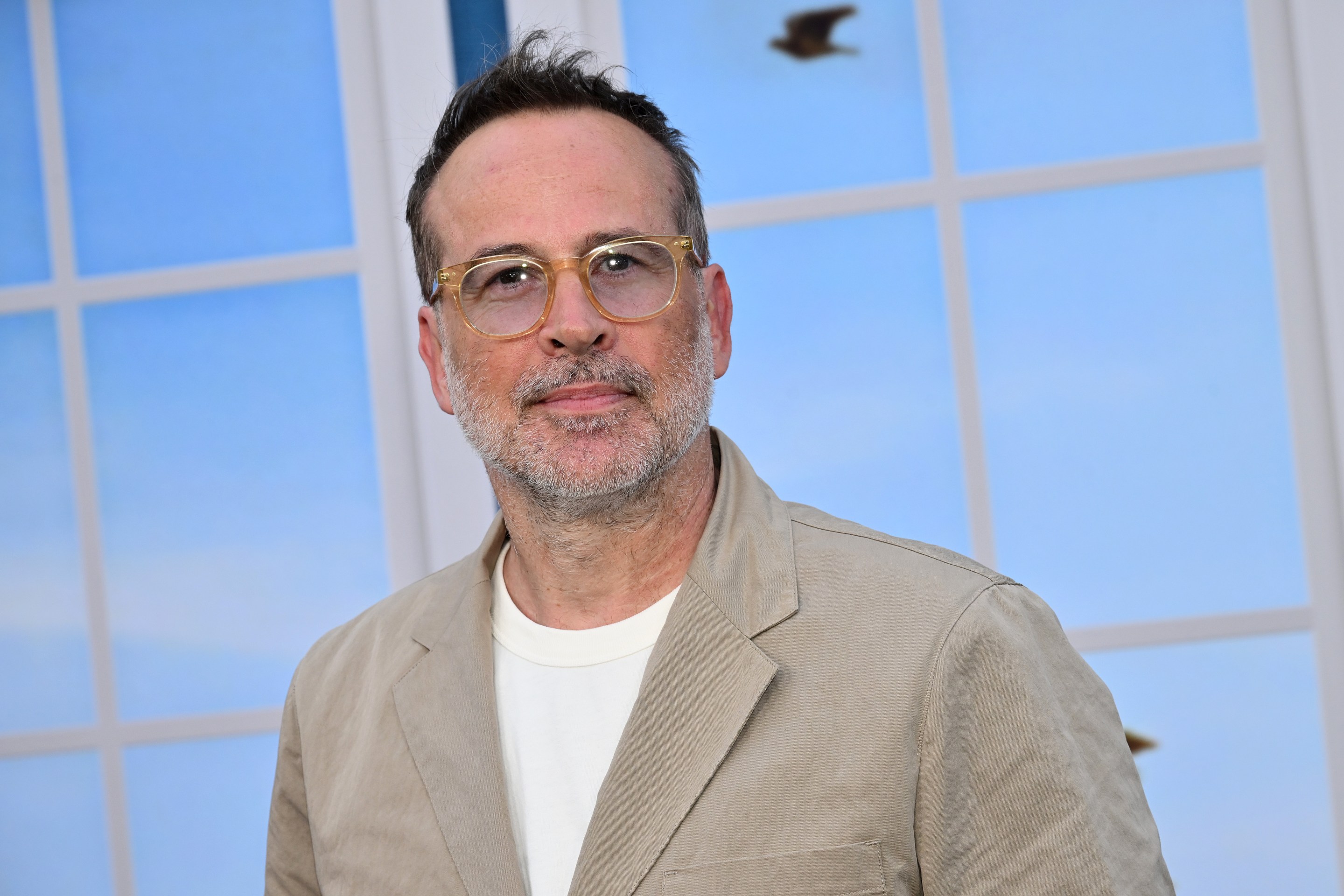Let's pretend you walk into a Wendy's having just missed some excitement. You didn't see what happened, but the patrons are still buzzing, and there's a little guy unconscious on the floor. I mean, a tiny dude, five-foot-nothing. And then there's a big huge dude, with an icepack on his hand, explaining to the Wendy's manager that they shouldn't kick him out of the store, that they should give him his Baconator, that the restaurant should in fact ban the little dude for life. You'd naturally be curious to know what happened. Who would you ask? Would you ask a random, impartial customer who witnessed it? Or would you ask the big dude, who clearly has a vested interest in spreading his version of events, because he doesn't want to be banned from Wendy's?
Now let's say there are no customers, that it's almost closing time and the place is empty. No one saw what happened, so you ask the big dude what happened. He insists the little dude attacked him. He was afraid for his life. So he was forced, he tells you, to deck the little dude. You learn, from the store manager, that the CCTV captured the incident, but it'll take some time to pull the footage. All you have right now is the big dude's word. Would you believe him unreservedly? Would you go home and tell your friends that a little dude attacked a huge dude at a Wendy's, passing that along as if it were hard, objective fact? Probably not. Most likely you'd say something like I saw a little dude on the floor in a Wendy's after a huge dude knocked him out. The huge dude claimed the little guy started it.
Police lie. They, along with prosecutors, lied that seventh-grader Adam Toledo was holding a gun when he was shot dead by a Chicago police officer last month, until the body camera footage released yesterday showed that Toledo's hands were empty and he was complying with the cop's order to put his hands up when he was gunned down. They lied that Laquan McDonald was lunging toward an officer when he was shot. They almost certainly lied that Michael Reinoehl opened fire on them before he was shot. They might be lying about Anthony Thompson Jr. They plant guns. They plant drugs. They lie. Not all of the time, or even most of the time, but so often that there's a term for it, "testilying"—and so often that it should be an inescapable fact in the back of your mind any time they say anything.
They lie for the same reason anyone lies: to avoid punishment. They're not special in that sense. Where they are unique is in the layers upon layers of systems that let them get away with it. Police unions protect their own uncritically. Laws are written to give them qualified immunity from civil lawsuits. Prosecutors decline to bring charges, or fail to convince grand juries, which famously "would indict a ham sandwich" if competently petitioned.
But the police's biggest ally is an industry that ought to be an antagonist to power: the media. Reporters parrot the police line, generally without a hint of skepticism, right up until the moment when hard evidence proves the police line untrustworthy. Every day-after crime story you read features a statement from police—vetted and put out by a centralized clearinghouse just for providing the media with statements; here in New York it's the Office of the Deputy Commissioner, Public Information, but it goes by different names in different cities—and usually from no one else. It goes beyond just the statement itself; the whole story as passed along is entirely made up of the police narrative. Go look at your local paper right now and click on any crime story, and I wager good money you will find something single-sourced.
(I am wary of portraying the media as a monolith, because it absolutely is not, so please understand that I am referring to the most widely consumed sources, generally local newspaper and local TV, and national legacy outlets.)
Why this happens isn't hard to understand. If you're a workaday crime reporter, you need the police. They have the information that no one else has, especially in the early going. And you need that information foremost, with how you obtain it a secondary concern. You need stories, or your boss will get mad, because readers enjoy reading crime stories; they are without exception the most popular genre of local news. If it bleeds, it leads, as they say.
The symbiotic relationship between cops and reporters goes deep and starts early. When I went to journalism school, one of the mandated exercises was to do a ride-along with police for a shift, ostensibly to help get a sense of that neighborhood beat. (The specific officers volunteered up for this exercise by the local precinct are invariably affable guys.) Early in my career I was occasionally on the cops-and-courts beat, which uses the police blotter as its assignment editor: A desk editor will literally get a release from DCPI with notable crimes from the previous night, and dispatch reporters to "cover" it, which usually means ... getting more details from police. Full-time police reporters are physically embedded with the police: Those on the crime beat work out of the "cop shop," or in New York "the Shack," an office that is quite literally located in police headquarters.
Do this for any length of time and it becomes very easy to take the police's word as the Word of God, because as far as your job security is concerned, it is. And it becomes hard not to like and trust the cops you deal with, because they are helping make your job easier—never mind that the specific ways in which they are helpful also happen to be helpful to themselves. (Again, I must add the caveat that I am speaking of and for a specific type of reporter from a specific background: white, middle-class. That's certainly me, and just as certainly, crime reporting would be a lot better were not so many of the people doing it from that same mold.)
So what are we supposed to do about this? How do we wean the media from the blue teat, when both parties benefit so much from the relationship? Absent large-scale structural change in both institutions—which feels utopian, and which would take generations to implement—I would argue that journalists should do something they are already capable of doing, and appreciate the power of their words.
Words matter, as another former crime reporter on our staff has written before. Diana pleaded with reporters not merely to reflexively employ "allegedly" as a shortcut to avoid having to consider truth and motivation, but to think about what the word means, what they're trying to say, and what a reader gets from its usage.
I feel the same about the phrase "police say." Police say a lot of things, only some of them true. Too regularly, "police say" is permission to a reporter and to a reader to turn their brain off and accept the version of events that follows as gospel. But what police say happened and what actually happened are two only occasionally overlapping realities.
Instead, let us use the construction "police claim." It is a subtle difference but a meaningful one. It implies a measure of doubt, which no one can credibly argue hasn't been earned many times over. It is entirely accurate—what follows is what the police are claiming happened—but it de-centers their narrative from objective truth to something on one end of an epistemic spectrum. If a reporter makes the conscious decision to use the verb "claim," it may force them to disengage autopilot and actually consider what is being claimed, and the unknowable nature of it, and thus present it to readers more fully and more helpfully. If a reader encounters the verb "claim," they will perhaps be reminded that what they are reading is just that—a claim, by one party with all the motivation in the world to have its words prioritized. Good lawyers understand the power of word choice—their clients always "state"; their opponents "claim"—and good reporters must too.
What I am really calling for here is for the media to reflect on the fundamental relationships connecting them, the police, victims and criminals, and the truth—and to treat cops like they would any other source with obvious motivations. Police statements are not inherently statements of fact. They are claims, by one aggrieved party in a disagreement. Their side is just one side of an argument, but their side gets to go first, and be amplified and rubbed-stamped by the machinery of consent. And sometimes, like in the case of Adam Toledo, the other side never gets to speak at all.






